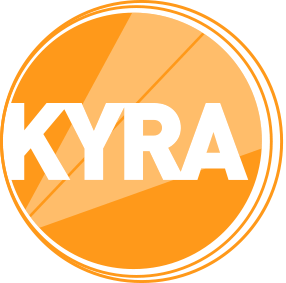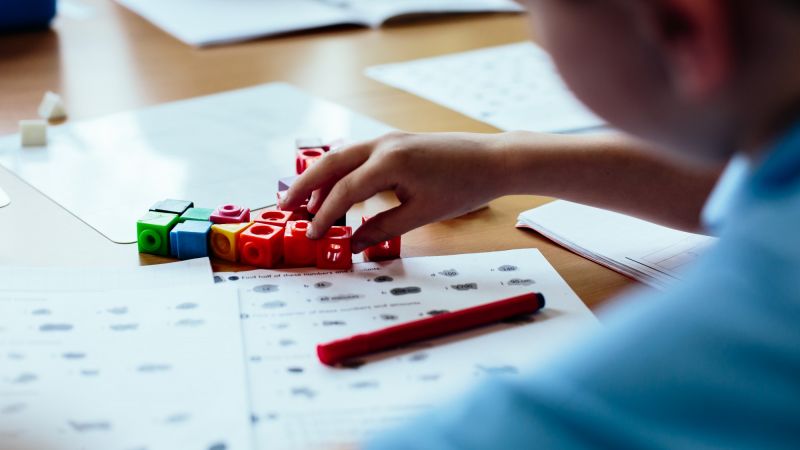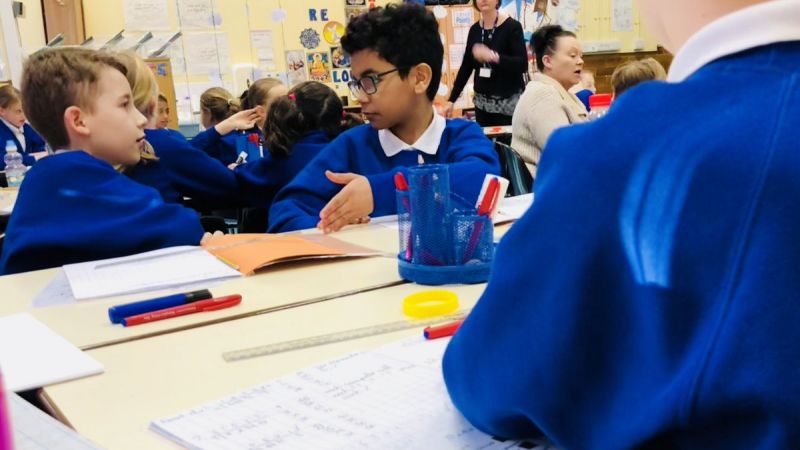Can we still call the 2014 National Curriculum the “New Curriculum”?!
The national curriculum for mathematics aims to ensure that all pupils:
- become fluent in the fundamentals of mathematics, including through varied and frequent practice with increasingly complex problems over time, so that pupils develop conceptual understanding and the ability to recall and apply knowledge rapidly and accurately
- reason mathematically by following a line of enquiry, conjecturing relationships and generalisations, and developing an argument, justification or proof using mathematical language
- can solve problems by applying their mathematics to a variety of routine and non-routine problems with increasing sophistication, including breaking down problems into a series of simpler steps and persevering in seeking solutions
So how can we ensure that we are providing the children with these opportunities?
A rich variety of representations and manipulatives provide children with opportunities to develop their fluency and using high quality talk in parallel to this improves children’s reasoning skills. Utilising the “I do, we do, you do” model for maths (the formula that underpins the highly successful Singapore and Shanghai maths) is essential in delivering the mastery model for maths. I was privileged to visit Singapore in August 2016 as part of a group of teachers from across the UK; the visit allowed us to unpick the Singapore curriculum by visiting schools, speaking to representatives from the Ministry of Education and leaders from the National Teacher Training College. What really stood out from the visit was the amount of high quality mathematical talk that was evident across all schools. Teachers used effective modelling of key ideas and concepts before children worked collaboratively to unpick a problem; variation (as opposed to variety) was used to deepen children’s understanding. Children often applied their ‘I do’ learning in a homework task: because responsive teaching meant that even more talk was utilised during the ‘We do’ part of the lesson.
Creating a mastery model for maths has been a three-year journey at Monks Abbey but we now have a model that is consistently applied throughout the school and have purchased Power Maths to support this model. Whether schools are using White Rose Maths, Maths No Problem, Power Maths or any other scheme, what is vitally important is ensuring that the “I do, we do, you do” model is implemented in all areas of the maths curriculum: it is the tool that drives the highly successful Asian maths curriculums. A copy of the report from my Singapore visit in August 2016 can be found by following this link - https://drive.google.com/file/d/1G2ZhApC-CylhetJrJZuMC3Hqj4PPPa8E/view?usp=sharing
I will be exploring these key concepts and key ideas and pedagogies in the upcoming “Maths: Mastering Reasoning and Problem Solving” course on Tuesday 11th December.
Ben Carver – Deputy Headteacher and SLE – Monks Abbey Primary School


